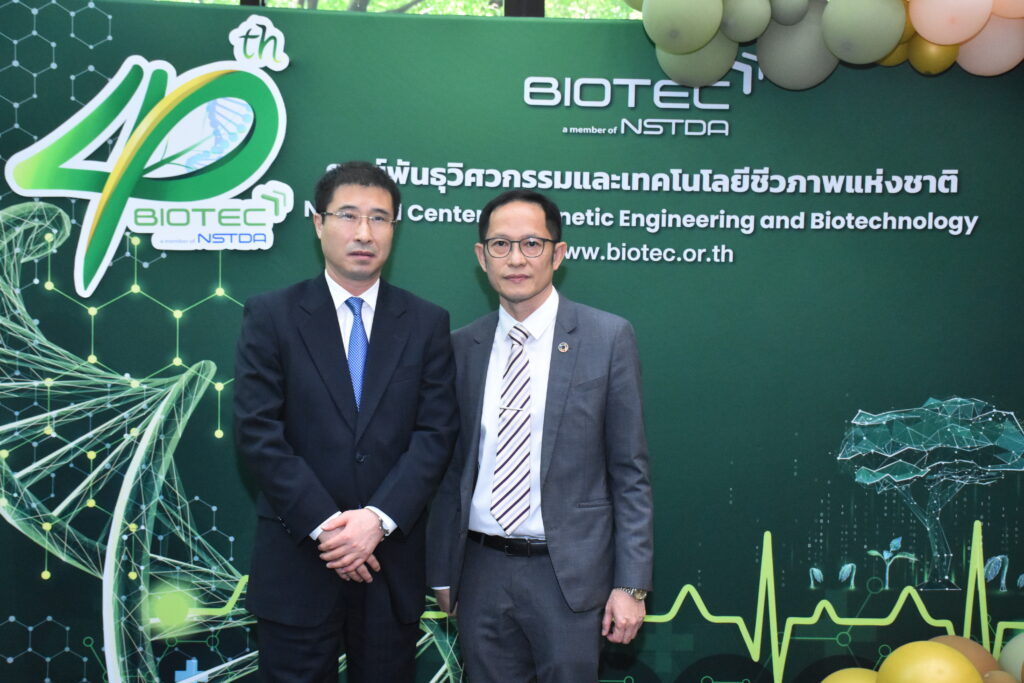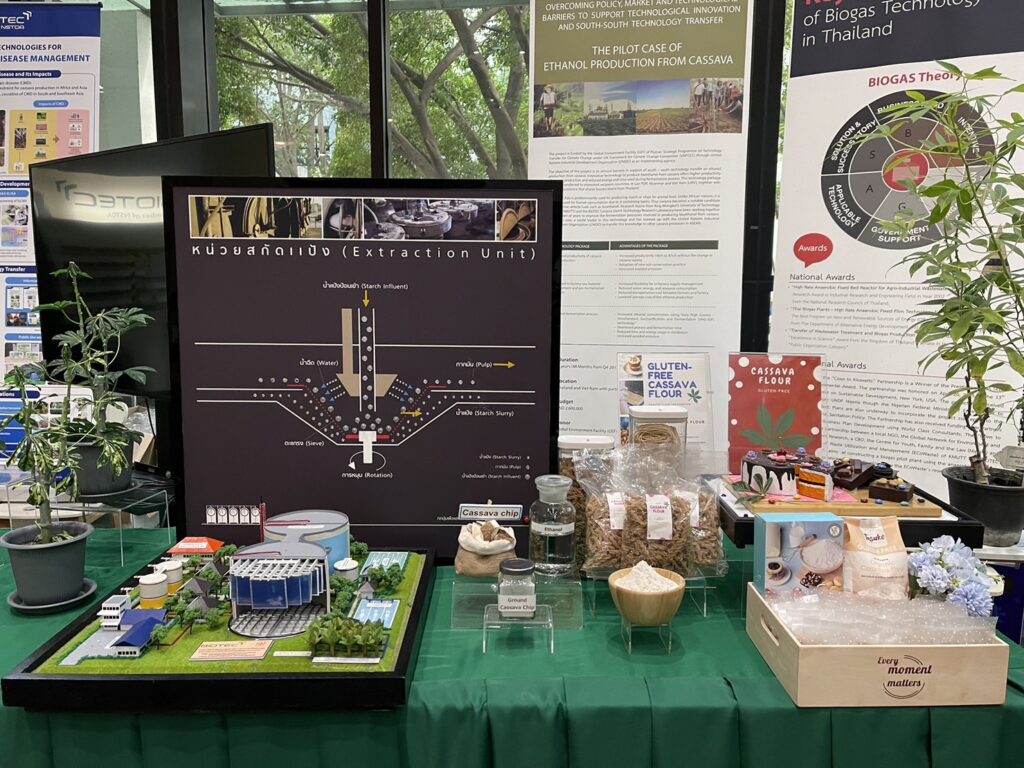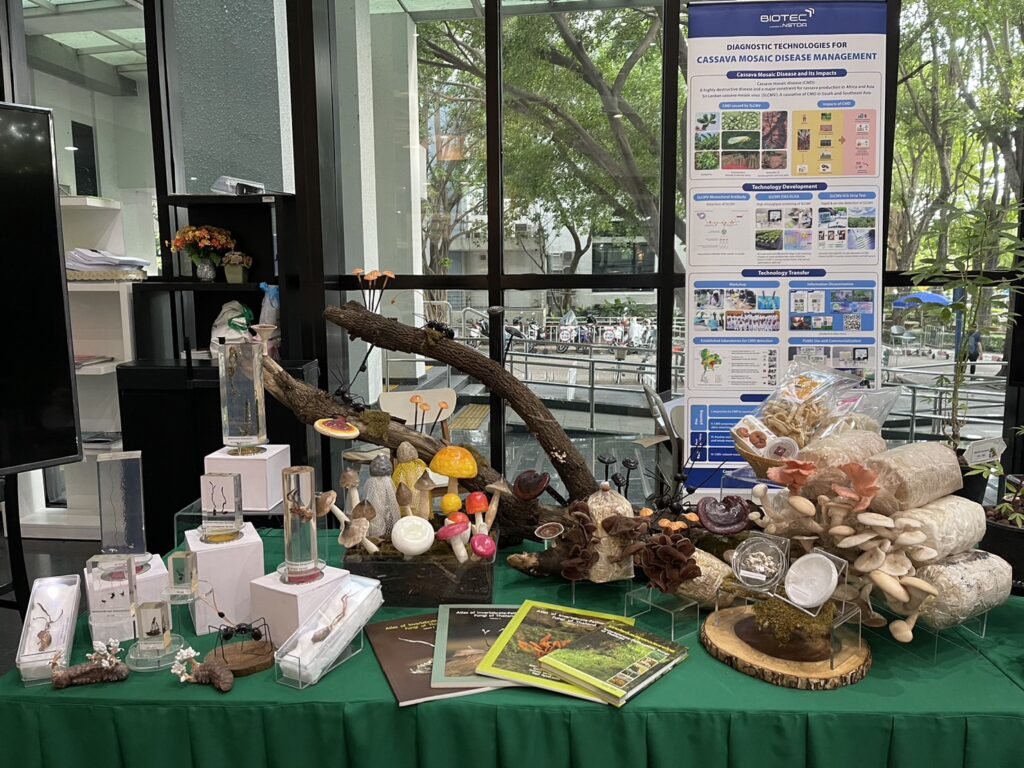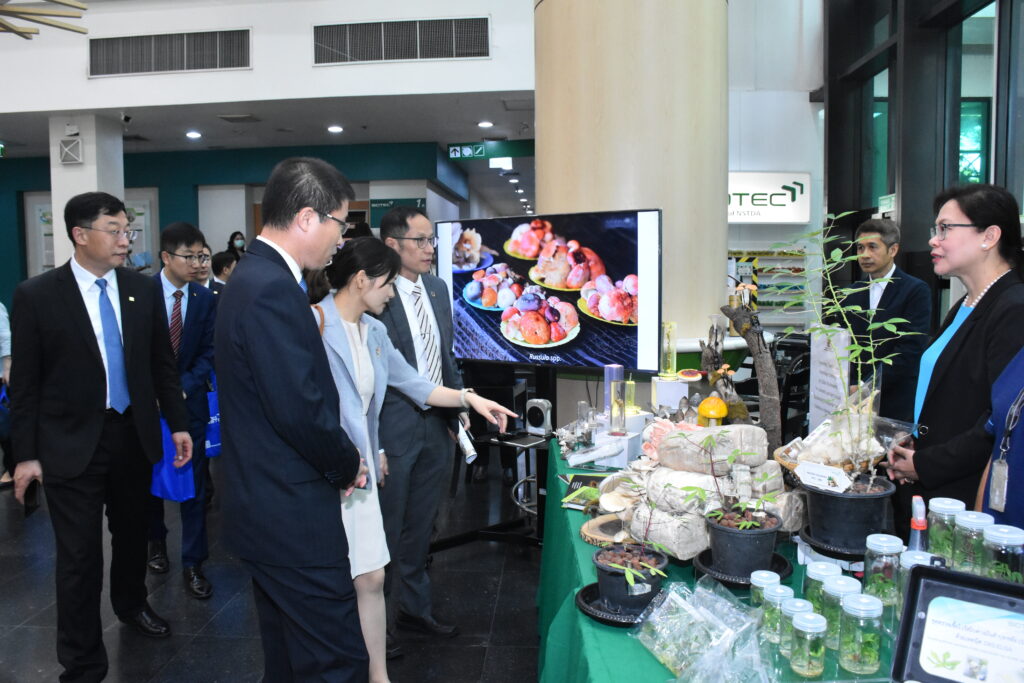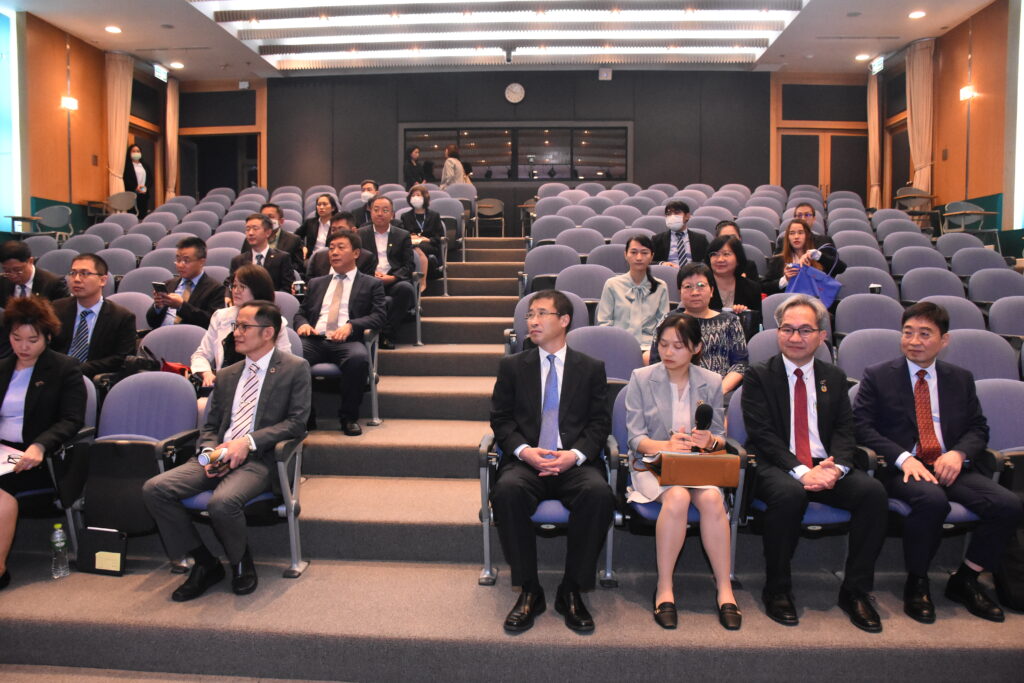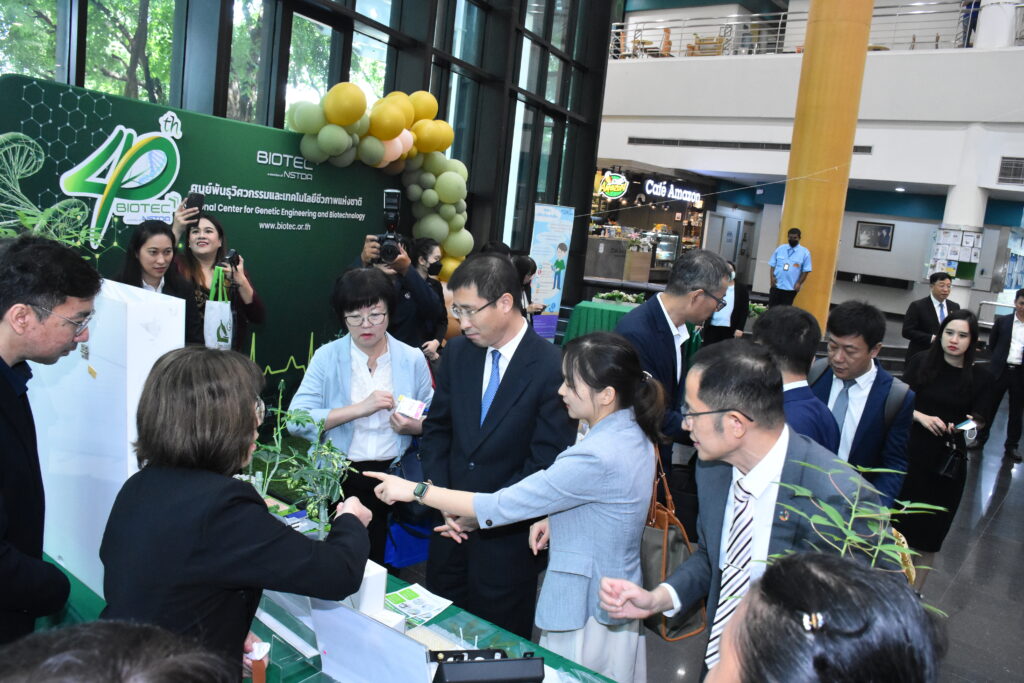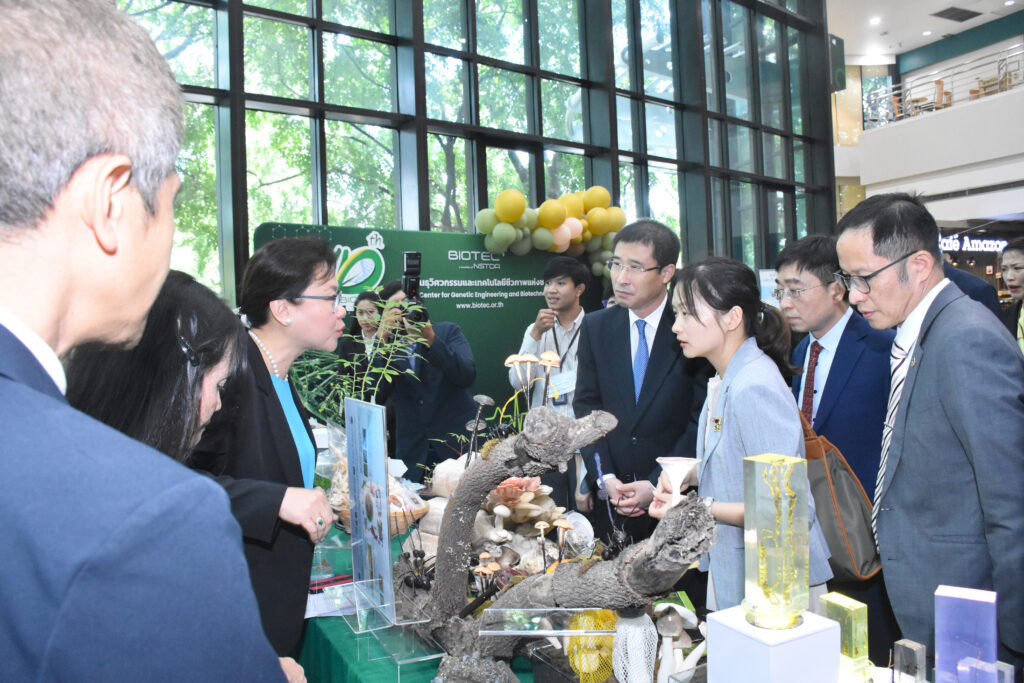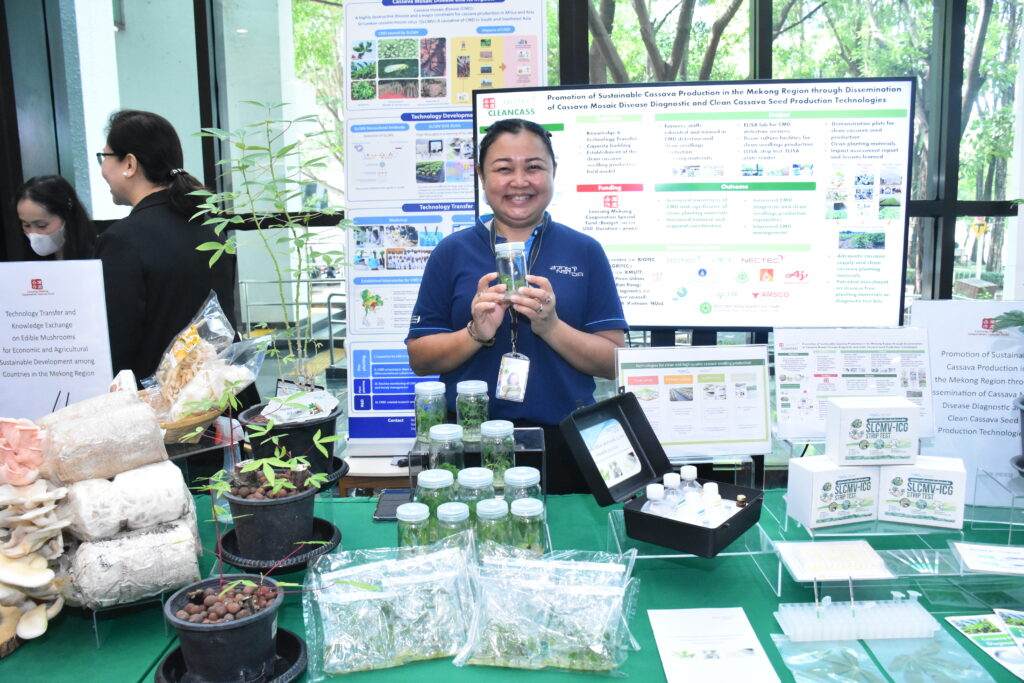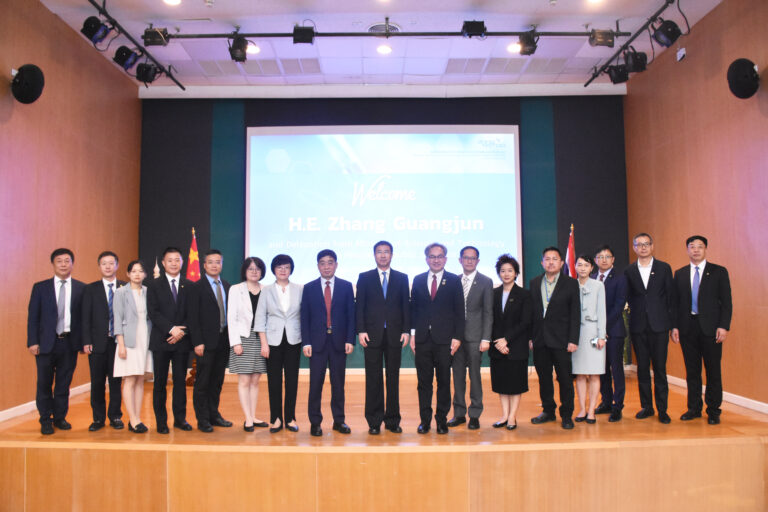
22 September 2023 – H.E. Mr. Zhang Guangjun, Vice Minister of the Ministry of Science and Technology (MOST), along with a delegation representing MOST and the Embassy of The People’s Republic of China in Thailand, paid a visit to the National Center for Genetic Engineering and Biotechnology (BIOTEC) under the National Science and Technology Development Agency (NSTDA). The primary aim of this visit was to bolster collaborative efforts in the field of Science and Technology. Upon arrival, the delegation was warmly received by Prof. Dr. Sukit Limpijumnong, President of NSTDA, and Dr. Wonnop Visessanguan, Executive Director of BIOTEC.
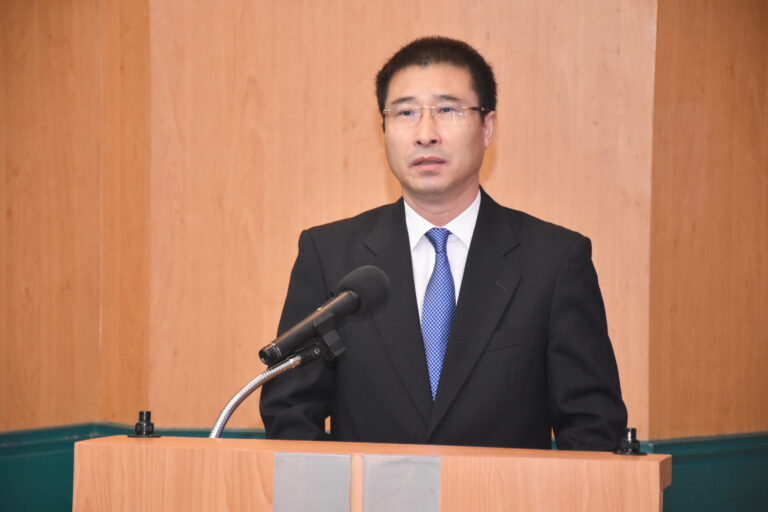
During his address, H.E. Mr. Zhang Guangjun underscored the significance of enhancing collaboration through a three-tiered approach:
- The first tier involves cooperative efforts through the Chinese Academy of Sciences (CAS).
- The second tier encompasses collaborations with various ministries, such as the Ministry of Transportation, through initiatives like the CRRC transportation system, and the Ministry of Agriculture, through partnerships with the Chinese Academy of Agriculture Science (CAAS) and research institutes across different ministries.
- The third tier extends to local departments in different cities, including institutions like the Shanghai Research Institute.
H.E. Mr. Zhang Guangjun also announced that the Chinese Ministry of Science and Technology would act as an intermediary, facilitating joint research endeavors between Chinese and international partners.

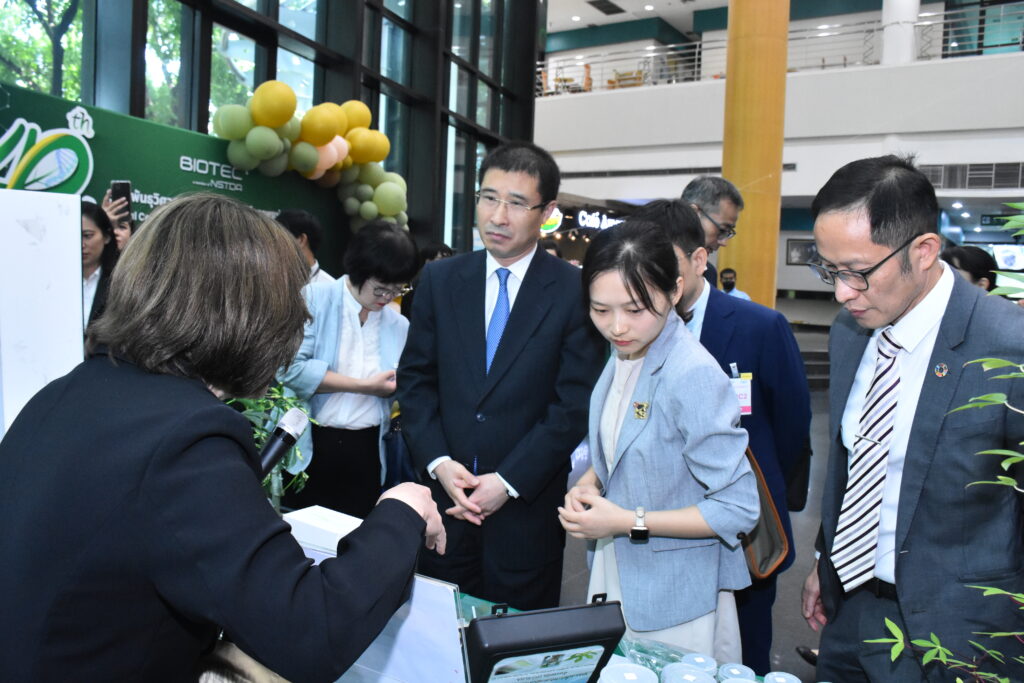

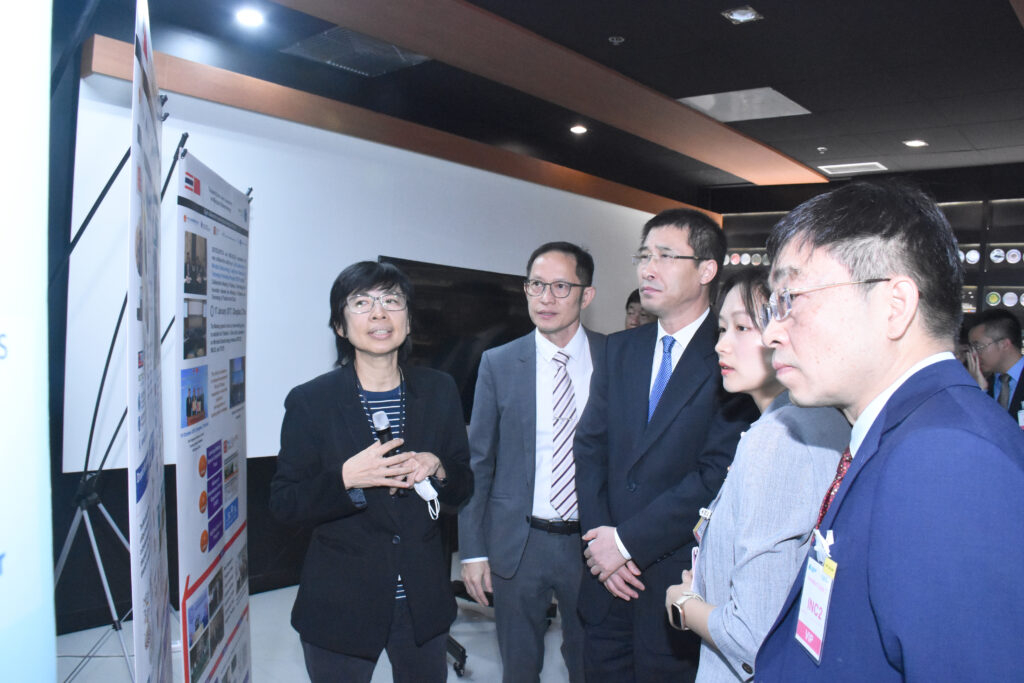

As part of their visit, the delegation had the opportunity to explore an exhibition featuring three BIOTEC research projects funded by the Chinese Government through the Lancang-Mekong Cooperation Special Fund:
- Train-the-Trainer Program under Lancang – Mekong Cooperation (Abbreviation: TTC): This project aims to enhance production capacity and improve the value chain for cassava cultivation and application. It includes the production of clean cassava chips, native starch, modified starch, ethanol, and biogas. The project was funded in 2020. [For more information]
- Promotion of Sustainable Cassava Production in the Mekong Region: This project aims to disseminate cassava mosaic disease diagnostic and clean cassava seed production technologies. [For more information]
- Sustainable Cassava Value Chain and Edible Mushrooms for Economic and Agricultural Development Project: This initiative focuses on developing a sustainable cassava value chain and promoting economic growth through edible mushroom cultivation. [For more information]
Furthermore, the delegation visited the IMCAS-BIOTEC Joint Laboratory on Microbial Biotechnology, a collaborative effort between the Institute of Microbiology, the Chinese Academy of Sciences, and BIOTEC. One of the IMCAS-BIOTEC Joint Laboratory’s accomplishments is a ecological status of the Lancang-Mekong River project titled Microbial-based Index to Assess the Ecological Status of the Lancang-Mekong River based on Molecular Approaches and DNA Barcoding (Abbreviation: MekongDNA) [For more information]
The visit marked a significant milestone in strengthening scientific and technological cooperation between China and Thailand, focusing on addressing global challenges and advancing research in agriculture.

